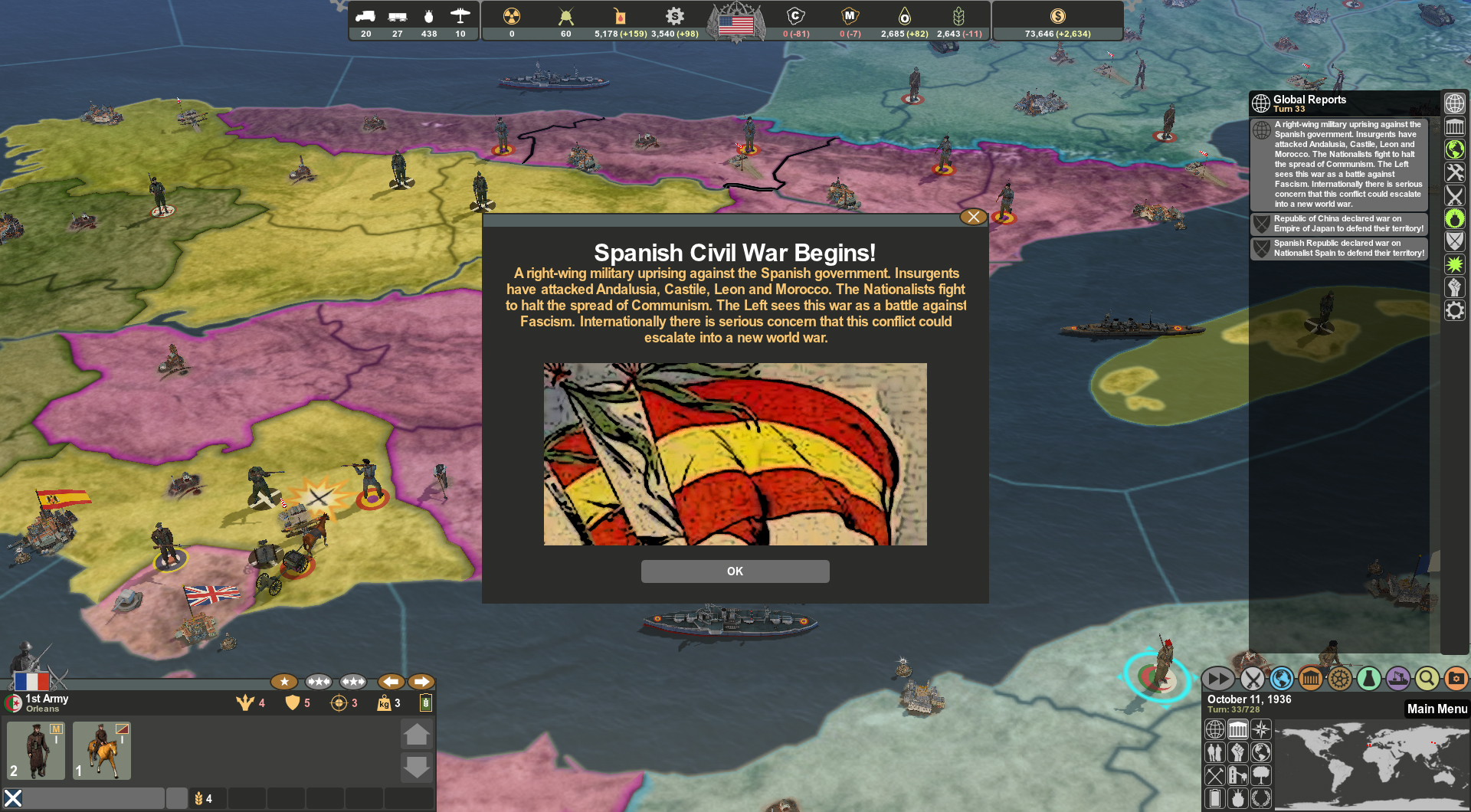

And in the multi-layered complexities of that time, despite the Congress’s non-cooperation through most of the war, many Indian political leaders of the time – up to and including the Mahatma – discreetly encouraged Indian individuals to participate – again for a variety of reasons, both short-term political gains as well as for long-term nation-building.
#Making history the second world war help professional
But war service actually opened up opportunities for professional growth and social advancement, both for the then still-tiny Indian middle-class as well as for marginalised groups. Indians participated in the war for a variety of reasons – sometimes out of economic compulsion. But many of them remain Western-oriented in historiography and represent Indian and other colonial participants as hapless victims of imperially-blinkered generals or incompetent government.Īgain, the reality is more nuanced. Recognition of Indian contribution has improved in the last few years, prompted partly by commemorations and publications around the centenary years of the First World War. For the first decade of independence, India financed all her imports from Britain through this balance. On independence, Britain owed India a considerable “sterling debt”. By the end of the war, India had, incredibly, spent more on it than Britain. The war also gave a huge fillip to India’s economy, industrialisation and employment. Most airports in India today are legacies of that effort. In India, meanwhile, there were massive training, airfield-construction and port-development efforts, which completely transformed the dockyards of Bombay, Calcutta, Cochin and Trincomalee – which was, in fact, the primary dockyard for the Madras Presidency – and took the number of airfields in the country from less than a dozen at the start of the war to over 200. Indian naval personnel served in the Mediterranean, the Middle East and Southeast Asia.Īlso read | Review: Chronicling the Birth of India after the Second World War

Indian Air Force personnel served in the skies over England and France in the early years of the war, and also in the Middle East and North Africa. The war also involved Indian airmen and sailors, in smaller numbers, but effectively transformed the Indian Air Force and Navy even more than the Army. And when acknowledged at all, the focus tends to be on Indian soldiers – of whom there were over 26 lakh by the end of it. The war is one of the best-documented conflicts in world history, but India’s involvement has only recently begun to be studied in depth. Yet, India’s consciousness of the war remains intermittent. It was US President Franklin Roosevelt who persuaded Churchill to commit to the agreement known as the Atlantic Charter – the terms of which effectively made it impossible for Britain to return to its imperial status quo after the war – and thereby triggered the global wave of 20th-century decolonisations, starting with Indian independence. British wartime Prime Minister Winston Churchill actually saw the preservation of Empire as a war aim. Decolonisation was not a given at the beginning of the war. The formation of the United Nations, and the grant of permanent Security Council membership to five named countries, the victors of that war, make up one set of such consequences.Īnother, perhaps unintended, is Indian independence – which the war undoubtedly hastened. Its political, economic and social consequences are still being played out today. The Second World War was unequivocally the most pivotal global event in 20th-century history. Most countries treat this global war, and their involvement in it, as defining episodes in their history and identity. Both will probably be occasions for lengthy recognition and commemorative events across the world.

And the next year will see the 75th anniversary of the end of the war. The 80th anniversary of the start of the Second World War falls on September 1, 2019.


 0 kommentar(er)
0 kommentar(er)
